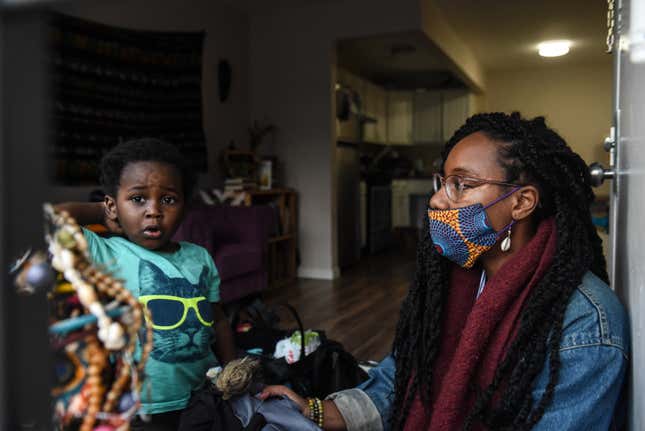Teen Girls Stepped in as Caregivers During the Pandemic
Many took care of children and elderly relatives in addition to contributing financially to their households
Work

Mothers shouldered much of the caregiving during the pandemic, but in their absence—such as in cases where parents have no option to work remotely— teenage girls have stepped into their roles.
While it isn’t unusual for daughters to pitch in around the house due to a longtime gender gap in household chores for children, girls took on more responsibility than ever in the last year, according to a New York Times report. Many looked after multiple children—balancing siblings’ or cousins’ remote schooling with their own coursework—cared for elderly relatives, and contributed financially to their households.
-

-

-

-

-

-

-

-

-

-

-

-

-

-

-

-

-

-

-

-

-

-

-

-

-

-

-

-

-

-

-

-

-

-

-

-

-

-

-

-








































